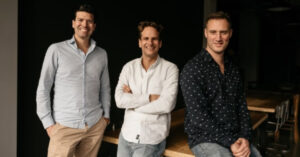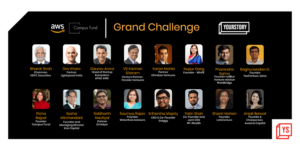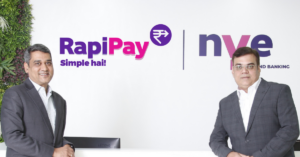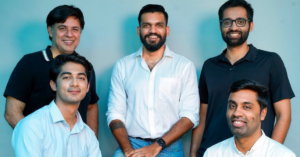Y Combinator’s batches are getting bigger and bigger. Its first batch back in 2005 was made up of just a handful of companies — this latest batch came in at over 400. But that’s out of over 17,000 that applied!
What gets one team in where another is turned away? If anyone can answer that, it’s Dalton Caldwell, managing director and group partner for YC. He’s been with YC for its last 19 batches, with much of that time spent overseeing admissions. He puts his tally for the number of applications he’s reviewed in the “tens of thousands.”
Caldwell recently joined us at our TC Early Stage event, where he shared many of his insights on the application process — what works on an application, what doesn’t, and the right ways to stand out.
Caldwell’s session was made up of two parts: a 20-minute presentation on how he thinks about YC applications, followed by an audience Q&A. Below are some of my notes on his presentation, along with some highlights from the Q&A.
The Team
“The first thing I look at when I read an application is the team. What I’m looking for is technical excellence on the team,” Caldwell said.
What that means can vary a bit from company to company. For a SaaS startup, that might mean a programmer who’s proven they can build and ship; for a biotech company, perhaps it’s less about coding and more about field expertise. But most of the time, he wants the team to have someone who can actually build the thing.
Our teams that rely on trying to hire outsourced engineers or consultants or whatever to build their product tend to move much slower than folks with a technical founder. They tend to get ripped off. Dalton Caldwell
“I like to see some kind of founder/market fit for what the idea is,” he clarified. “If you’re building a developer infrastructure type of thing … if you’ve built related tools in the past, or your prior job is related to it, that’s great to see. Even if you’ve contributed to an open source project that’s related to the thing you’re working on, that’s great to see!”
“I always get questions about this — why do we care so much about having a technical founder on the team? Our teams that rely on trying to hire outsourced engineers or consultants or whatever to build their product tend to move much slower than folks with a technical founder. They tend to get ripped off. It’s not great, and I would really encourage you to try to have a technical co-founder on the team”
And generally, Caldwell suggested that technical founders shouldn’t be doing it alone.
“Ideally there is more than one co-founder. It’s much harder to be a single founder. This is something people always ask questions about, and I’m sure we’ll get questions today. But look: We have the odds. Even the folks that we do fund that are single founders, they have a very hard time. The fact is that startups are ultimately a battle against yourself. It’s an emotional battle, and a battle of wills. Doing that by yourself is really hard.”
The Application
“What else do I look at in an application? I look for something that is clear and well-written. I don’t like buzzwords. Conciseness. Clarity. Bluntness. Those are all things we look for in a well-written application.”
It’s a message that held true throughout Caldwell’s talk: Put yourself in his shoes. He’s looking at thousands of applications; when you’re one among thousands, words are your currency.










